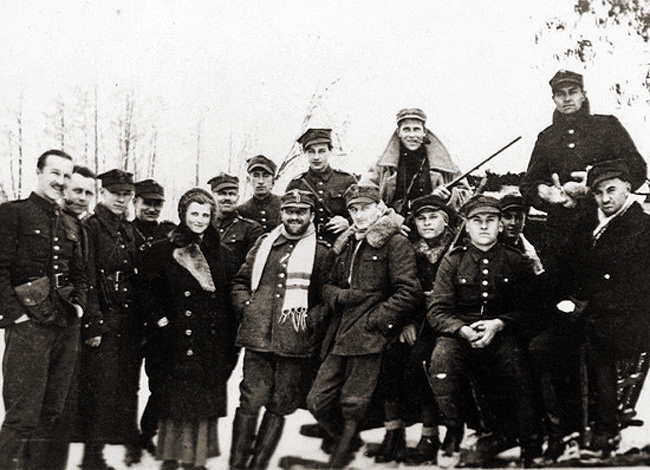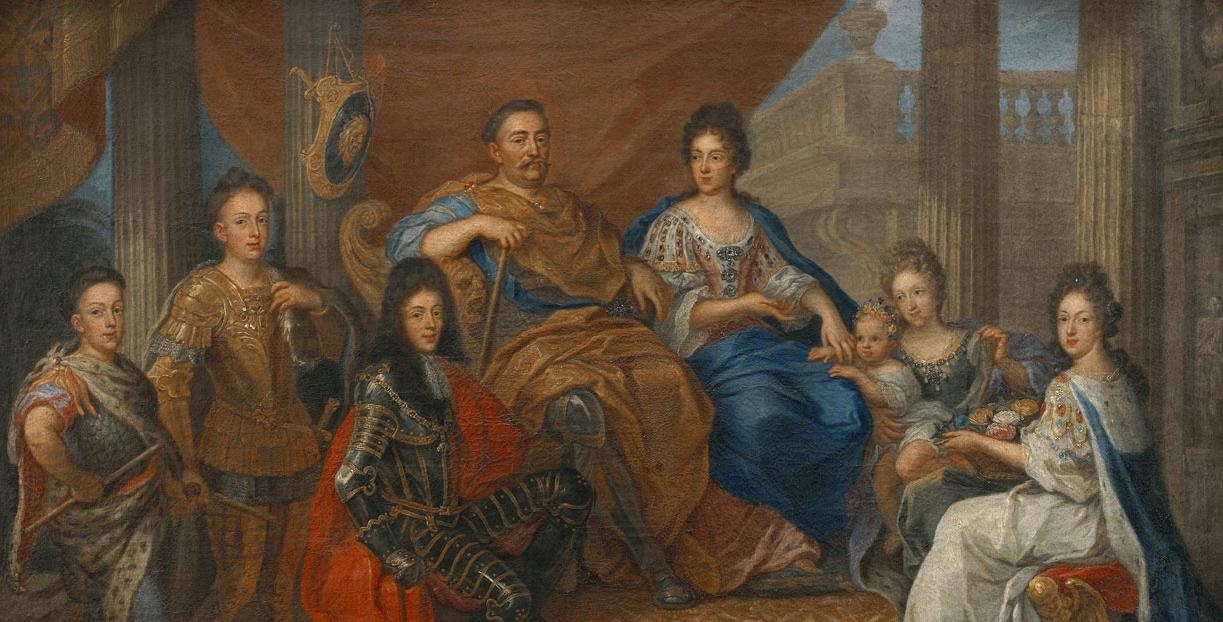After the defeat of the November Uprising (1830–1831) thousands of Polish patriots were forced to leave their homeland. Thus began one of the largest migration movements in 19th century Europe, commonly known as the Great Emigration.
Public opinion in Western Europe, especially among liberals, was very enthusiastic about the Polish uprising against the tyranny of the Russian Tsar. Unfortunately, the defeated insurgent troops were forced to flee across the border to Prussia and Austria. The organizers and participants of the uprising who were mainly members of the upper social classes, e.g. the nobility and the intelligentsia, were forced into exile. These emigrants would reach France, Great Britain, the United States, the Scandinavian countries, and even Algeria and Turkey.
At the time of the failure of the uprising, a discussion arose on further actions. Should we build-up the armed forces in France, as planned by General Józef Bem? Or maybe rather work on stimulating national feelings in all social strata in the Polish lands under partition? Political matters were of secondary importance. It was assumed that a constitutional monarchy would be established in independent Poland in order to avoid radicalism. However, one thing was agreed – the most important thing was “first to be, later – [decide] in what way”.
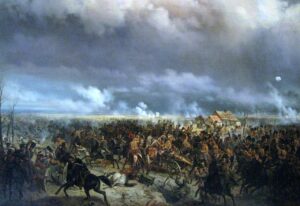
There was also a new concept known as creating “diplomacy without credentials” led by Prince Adam Jerzy Czartoryski, a representative of one of the most influential families in Europe. [Due to his influence,] the center of Polish emigration became the palace named Hôtel Lambert situated on the Seine. He himself was even called the minister of foreign affairs of the non-existent state. [In the Hôtel Lambert], discussions focused on plans for the future, attitudes towards the peasants’ cause, the reason for the defeat of the November Uprising and the concept of another independence movement. Hôtel Lambert was the “spiritual capital” of Polish emigration, where Fryderyk Chopin, poets Adam Mickiewicz, Juliusz Słowacki and Cyprian Kamil Norwid met.
Internal disputes quickly led to the formation of several competing camps. Prince Czartoryski was the head of the conservatives who believed that Poland could return to the map of Europe only as a result of a war among great powers. At the same time, they conducted an active “foreign policy”, trying to influence the authorities in Paris and London. Initially, they advocated a constitutional monarchy based on the 3 May Constitution, but in subsequent years the party evolved towards liberalism, calling for an improvement of the peasants’ situation. It was a great merit of the camp to support artists and the development of Polish culture abroad. Numerous associations, schools, libraries and Polish parishes were established, books were printed and the press was published.
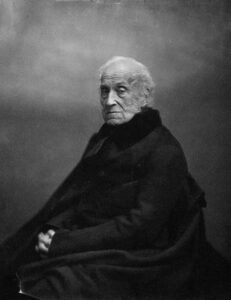
The most numerous group (about 4,000 members) was the Polish Democratic Society established in Paris in 1832. It was dominated by radical views inspired by the French Revolution, pro-republican and against nobility. The Polish Democratic Society cooperated with other revolutionary movements, preparing the uprising in the three partitions and advocating the expropriation of the peasants. One of its most important activists was Joachim Lelewel, an outstanding historian and former member of the National Government during the November Uprising.
In the Lelewel camp, the famous slogan “for our freedom and yours” was created, illustrating the need to place the Polish struggle in the pan-European struggle of nations for self-determination. This idea was particularly vivid during the Spring of Nations (1848–1849). However, Czartoryski also did not lose sight of the need to stimulate the ethnic and national identity of other communities against Russia. In this way, he wanted to lay the foundations for a future conflict, the overarching goal of which was to restore Poland to the map of Europe.
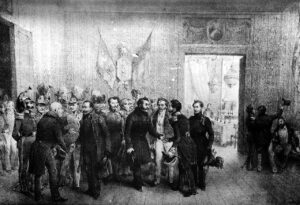
The importance of the Great Emigration cannot be overestimated. Polish patriots working abroad contributed to keeping the matter in the international arena and stimulating the national identity of compatriots under the partitions. In exile, the leading authors of Polish Romanticism were active and wrote prolifically – this is when they wrote so many of the outstanding works belonging to the canon of Polish literature. Also, the culture and political thought were being developed. Many books and magazines published in exile were transported to the country. In Western Europe, Polish doctors, manufacturers and engineers were also successful in popularizing the Polish issue abroad.
Read more: The message of Chopin’s music transcends the boundaries of musical cultures
Russian repressions expelled many political activists from Poland, which is why emigration played the role of a representative of the interests of the Polish nation in the international arena. Such an extraordinary concentration of outstanding individuals developed a huge cultural and political achievement. It proved that it was not worth giving up Polishness, and the destruction of national tradition was considered a betrayal. Thanks to this, the Great Emigration and its achievements became one of the permanent foundations for the reconstruction of the Polish state after the period of partitions lasting over one hundred and twenty years.
Author: Piotr Abryszeński – PhD, employee of the History Research Office of Institute of National Remembrance
Translation: Alicja Rose & Jessica Sirotin


